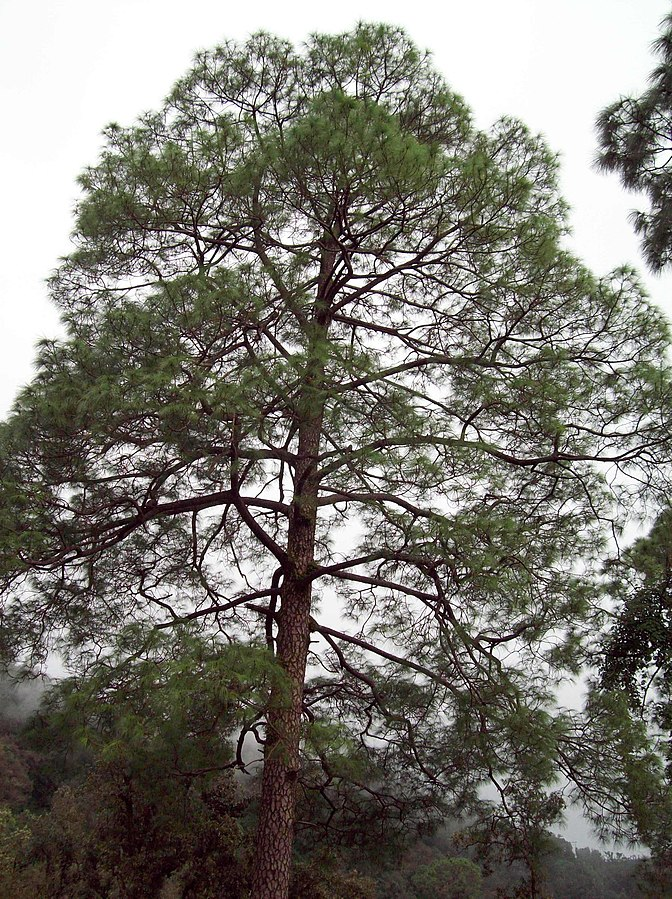Uttarakhand
Pine Needle Power Projects Prove to be Inadequate
- 15 May 2024
- 3 min read
Why in News?
Bio-energy projects set up by the Uttarakhand Renewable Energy Development Agency (UREDA), to use the vast quantities of flammable pine needles for generating electricity have been “unsuccessful”, with officials saying appropriate technology does not yet exist to use them.
Key Points
- State authorities have frequently attempted to mitigate the risk of worsening annual forest fires caused by a combination of factors such as climate change-induced droughts and increasing stores of organic material like pine needles and agricultural waste.
- The Uttarakhand government was criticized by the Supreme Court following petitions related to the forest fires caused by the accumulation of dry pine due to low rainfall in April and May 2024.
- In 2021, the State government announced a scheme to establish power projects utilizing pine needles as fuel to produce electricity.
- The initial proposal included creating several units ranging from 10kW to 250 kW in three phases (totalling about 150 MW).
- Despite anticipating the establishment of 58 units, only six 250 kW units (with a total capacity of 750 kW) have been installed so far.
- In 2023, the Uttarakhand government said it was unable to meet its renewable power purchase due to the shortfall in power generated from pine needle projects.
- The abundance of pine needles in Uttarakhand offers a valuable resource.
- Official records indicate that approximately 16.36% of the State's forest area, which is around 3,99,329 hectares, is occupied by Chir Pine (Pinus Roxburghii) forests.
- Each year, it is estimated that over 15 lakh tonnes of pine needles are produced.
- If even 40% of this estimated amount, along with other agricultural waste, could be utilized, it would greatly assist the State in meeting its energy needs while also creating employment opportunities and supporting livelihoods.
Chir Pine (Pinus Roxburghii)
- Pinus Roxburghi, commonly known as chir pine, is a species of pine tree native to the Himalayan region. It is an important timber species and is widely used for commercial purposes.
- It is native to the Indian subcontinent, particularly in countries like India, Nepal, Bhutan, and parts of Pakistan.
- It is an evergreen coniferous tree that can grow up to 30-50 meters in height.
- The bark of Pinus Roxburghii is thick and scaly, with a reddish-brown color.
- The leaves are needle-like, arranged in bundles of three, and can grow up to 20-30 cm long.
- The tree produces oval-shaped cones that contain seeds.
- Conservation Status:
- IUCN Status: Least Concern (LC)





